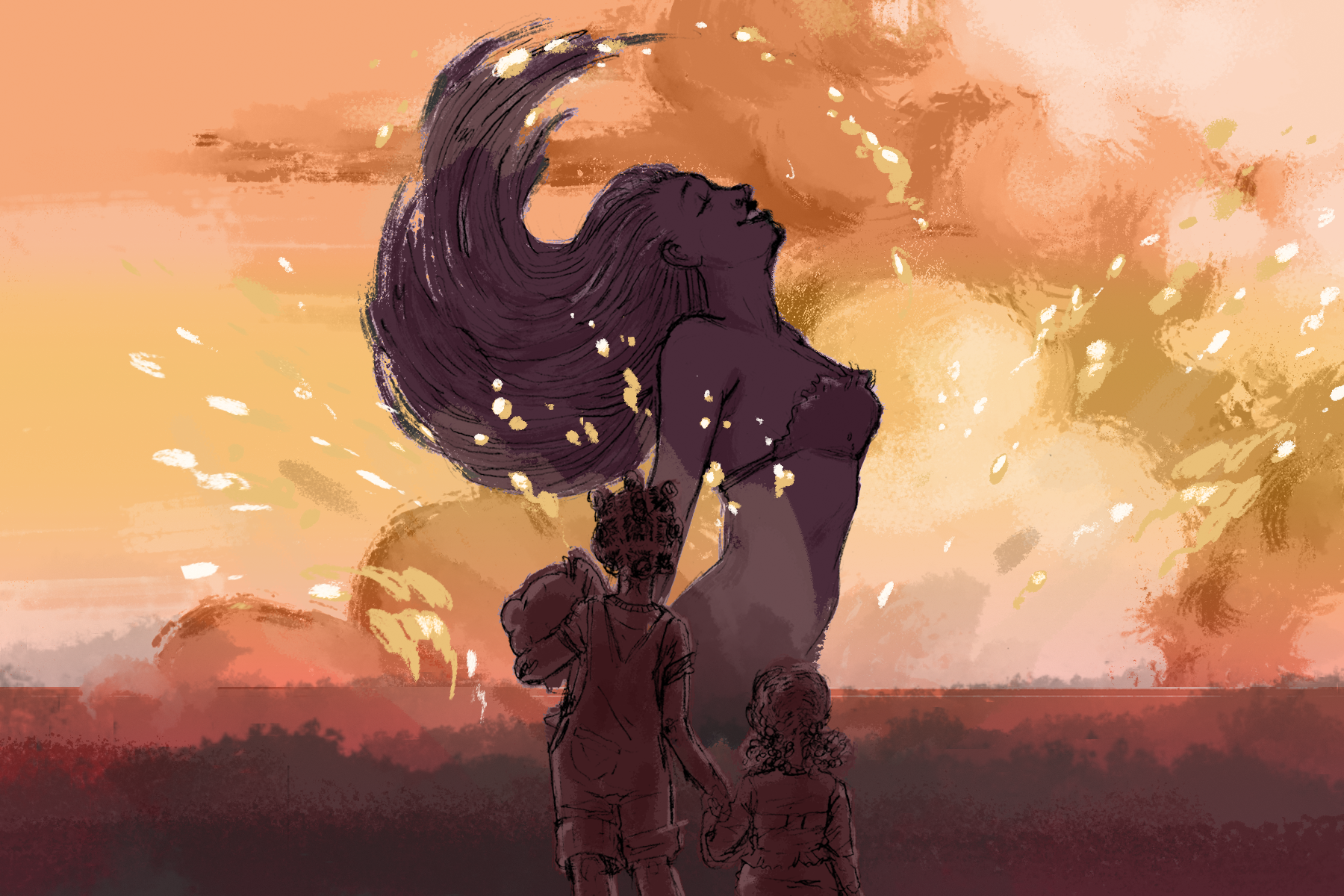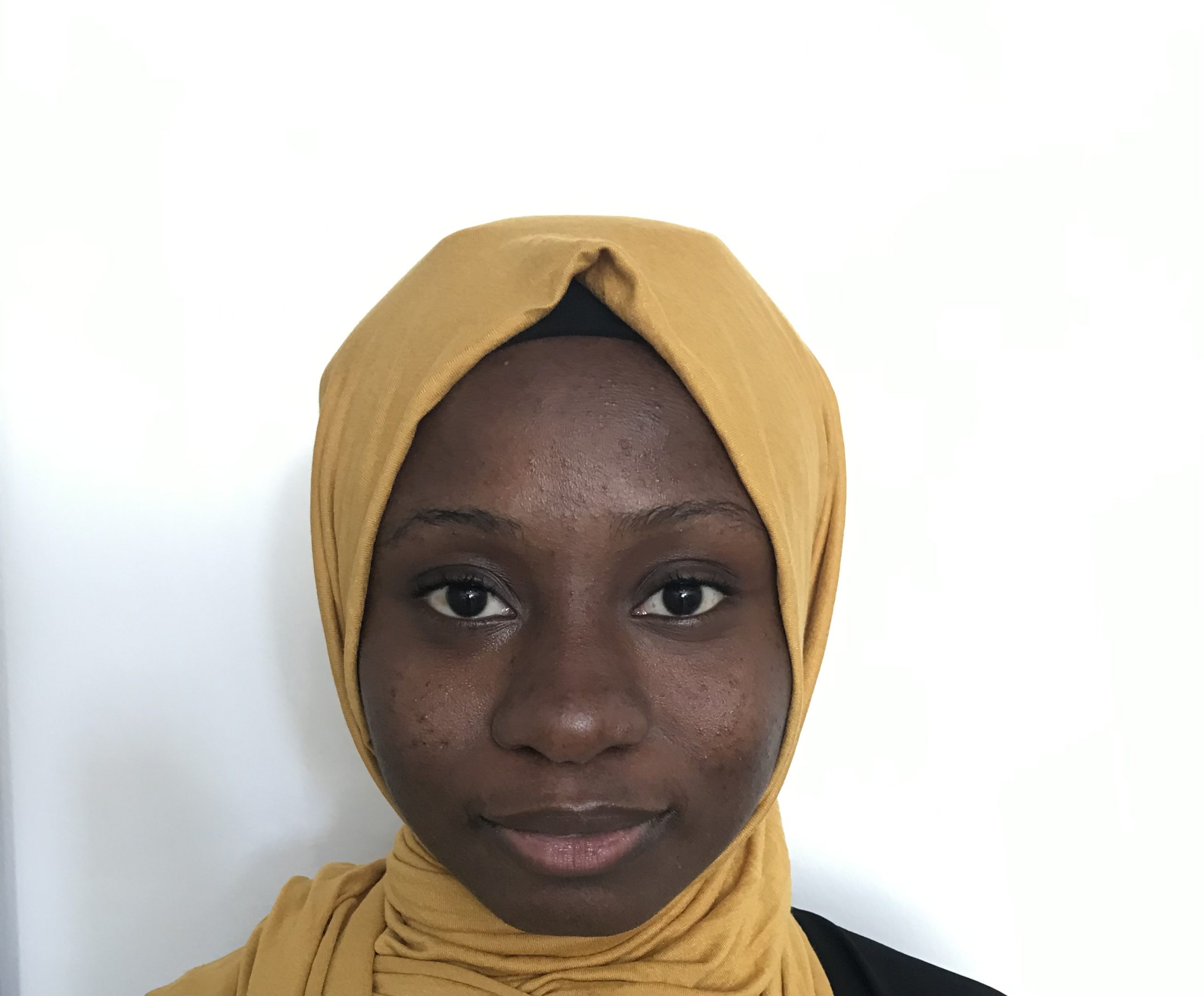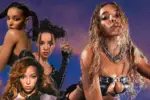Disney recently released the trailer for the live-action remake of its 1989 classic, “The Little Mermaid,” starring Halle Bailey, a Black actress and singer. While many fans were supportive, a discussion of the negative reactions that criticized Bailey’s casting is crucial to understanding the issue of diversity.
In 2019, Disney announced that Bailey would play Ariel in the live-action adaptation of the cartoon classic, making her the first woman of color to play a traditionally white princess. This elicited a range of reactions, from celebratory remarks and delighted reactions to the creation of hashtags such as #NotMyAriel and #NotMyMermaid, which condemned the idea of a Black mermaid princess.
A huge part of many young girls’ childhoods is watching Disney shows, especially those with princess themes. The first Disney princess animated film, “Snow White and the Seven Dwarfs,” aired in 1937. But it wasn’t until 2009, when “The Princess and the Frog” was released, that young Black girls finally saw someone who looked like them playing the role of their favorite Disney princess.
According to research conducted by the American Academy of Child and Adolescent Psychiatry, children aged 8 to 12 in America spend four to six hours each day watching or using screens, while teens spend up to nine hours. Although alarming, this statistic could show how the volume of media young people consume can impact their thoughts, behaviors, perceptions and understanding of reality. The impact of media consumption on children’s self-perceptions and those of others cannot be overestimated. Marginalized communities experience many negative consequences from underrepresentation and a lack of diversity in the media. Children feel invisible when they are only exposed to characters who misrepresent their community or don’t exist at all. Exposure to media without diversity over time can eventually lead to diffidence.
Children of color often witness a glaring absence of diversity in the media as they grow up. Up until recently, Black people in Hollywood were frequently portrayed as supporting characters, comic relief or in other stereotypical roles. Directors rarely gave them leading roles that presented these characters as multifaceted or attractive. Perhaps even worse, some directors only add in representative characters for the sake of tokenism, which is when members of minority groups are just present to create the appearance of a diverse setting. In her book, “Reel Inequality: Hollywood Actors and Racism,” Nancy Wang Yuen stated, “The erasure and negative depictions of people of color, in addition to exacerbating racial tensions, can have a severe impact on how people of color see themselves.”
Many times, when people identify with their favorite characters, they feel both understood and motivated because they know that if the character can triumph through difficulty, so can they. Bailey echoed this sentiment during an interview where she talked about how she was obsessed with rewatching the original animated movie and pretending to be Ariel when she was younger: “Her sense of longing, her searching for herself, was something that I could resonate with. She knew where she wanted to go, and she wasn’t going to let anybody stop her.”
Bailey has faced a flurry of racial criticism in the time since the trailer’s release. It didn’t take long for the video to receive 2 million thumbs down on YouTube, and once more, the aforementioned hashtags were trending on social media. Although not entirely unexpected, reactions like this highlight why representation matters more than ever. In addition to instilling a sense of belonging, representation serves as a reminder of the existence of diversity. Humans are diverse and complex beings, and it is critical for children to see people from various backgrounds in the media. This provides them with a comprehensive view of the world they live in and will help them develop skills such as understanding and the ability to accept others’ differences.
In a series of videos posted on TikTok shortly after the trailer was released, young Black girls were visibly excited to see someone that looks just like them, with commentaries such as “She’s brown like me!” and “Is Ariel actually black?” This further proves the point that it is crucial for young children to see accurate representations of themselves in the media they consume. Seeing themselves in their favorite characters can make them feel seen and understood.
Concerning the hostility she’s received since her casting was announced, Bailey acknowledges that the discussions sparked by her casting are critical. “Today, with all of the kind of commentary and people’s opinions going on,” she said, “it just reminds me to be grounded and grateful that I have this opportunity and the fact that it’s sparking such a discussion like this for all of us.” She also said her grandparents helped encourage and ground her by telling her how much of a difference she was making. In their words, “You don’t understand what this is doing for us, for our community, for all the little Black and brown girls who are going to see themselves in you.” The voice of Ariel in the first animated feature, actress Jodi Benson, has also discussed the significance of Bailey’s casting: “Disney wants to communicate with all of us in the audience so that we can fall in love with the film again.”
While the racist responses may seem overwhelming, in the end, what truly matters are the delighted responses from children who are finally able to relate to their favorite fictional characters. However, Hollywood still has a long way to go in regard to inclusivity and accurate representation of minorities in the media. Hopefully, with time, underrepresentation will become an issue of the past.


















